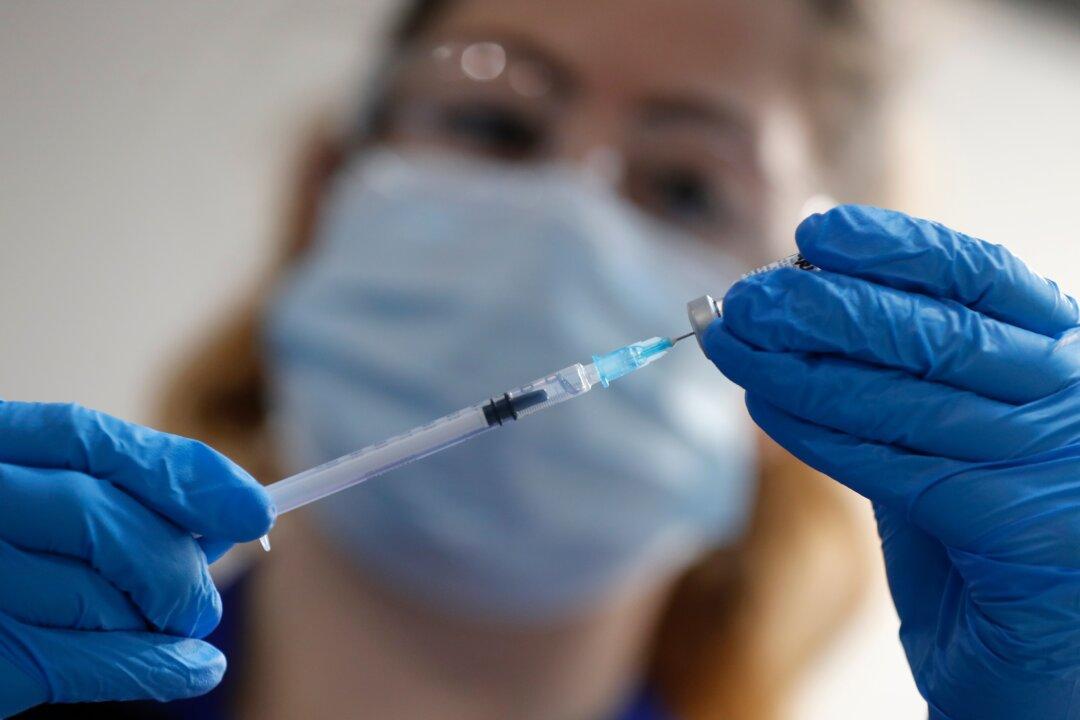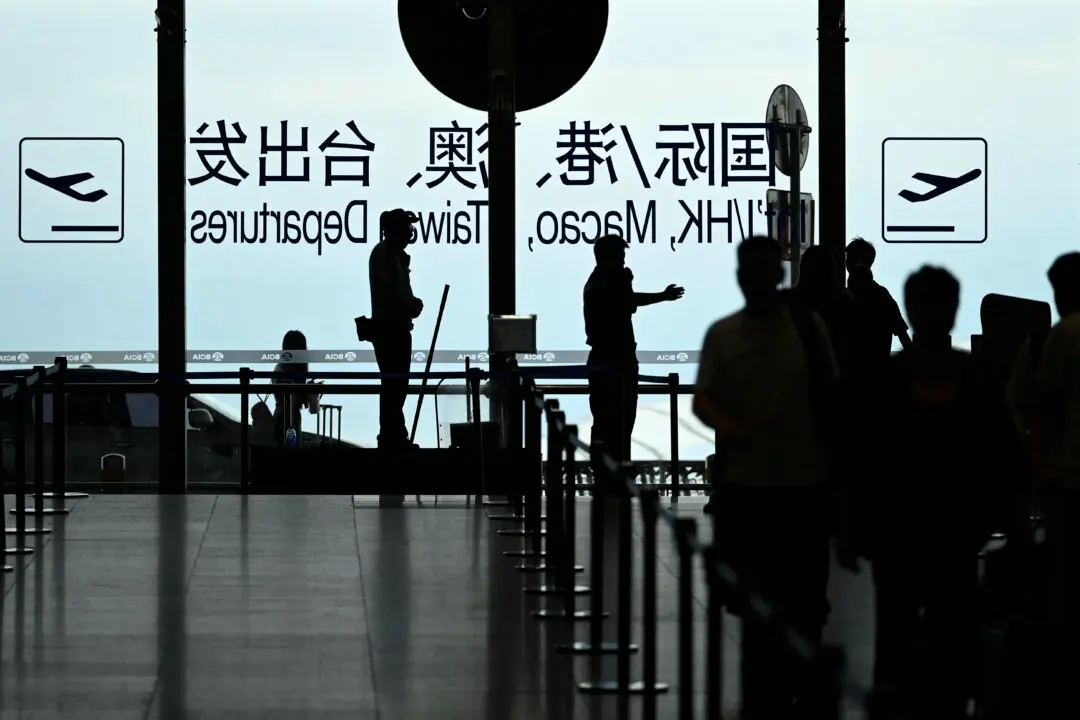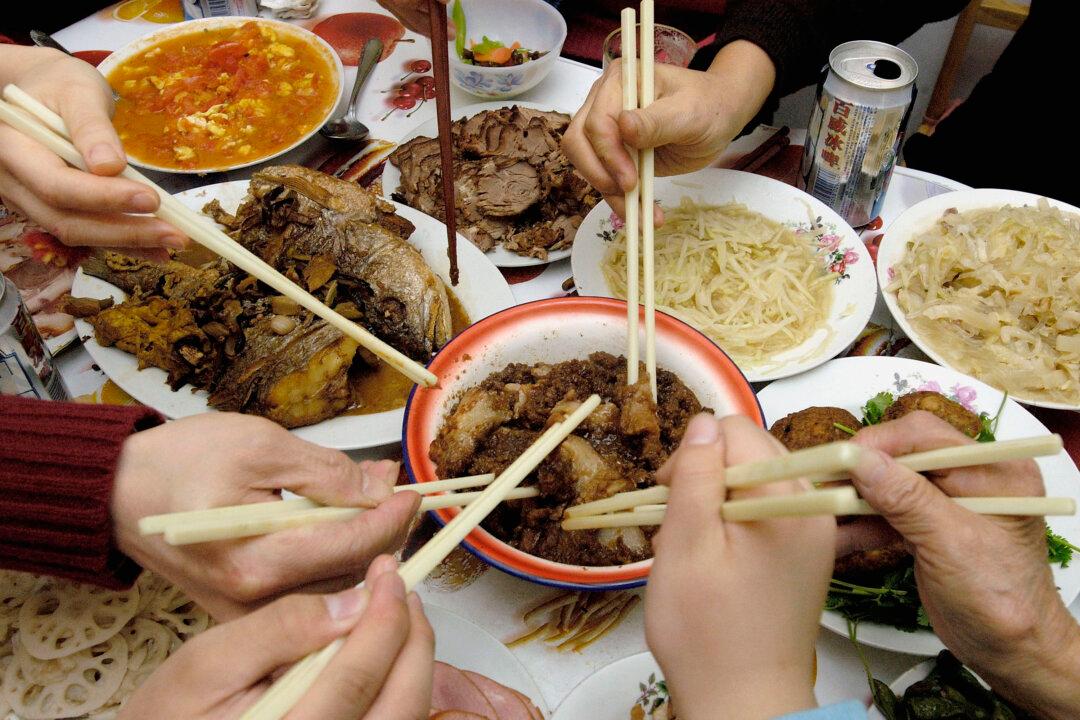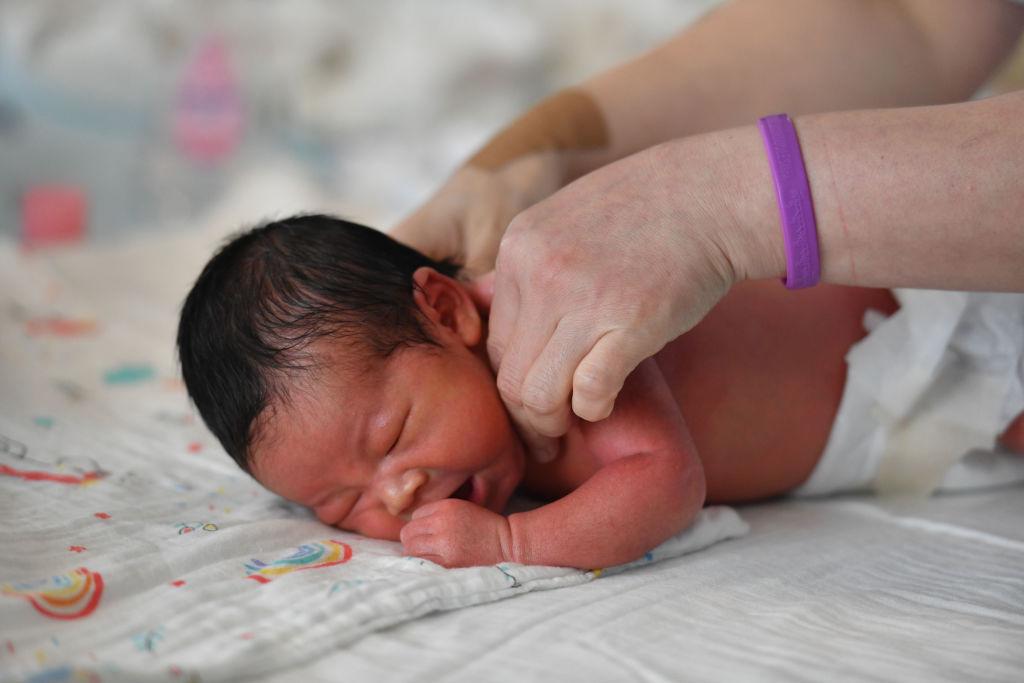The UK will prioritise giving more people the first dose of the CCP virus vaccine over ensuring people receive the second dose, according to new advice published on Wednesday.
The new recommendation by the Joint Committee on Vaccination and Immunisation (JCVI) came as part of the advice on the Oxford/AstraZeneca COVID-19 vaccine, which was approved on the same day.





